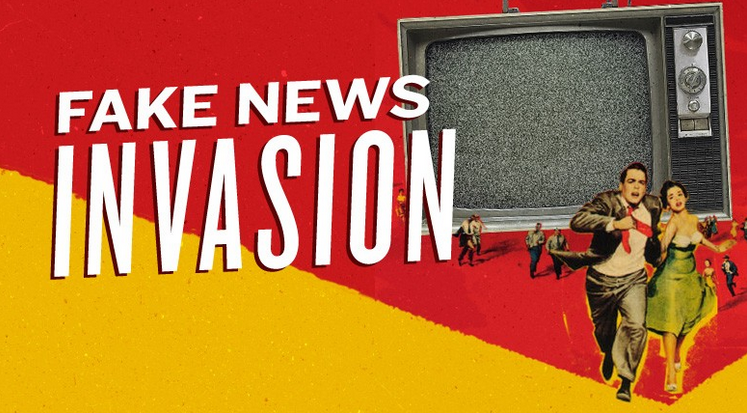By: Tia Ayele 
I first stumbled upon Francesca Ramsey’s video while conducting my daily rundown of my Facebook news feed. Amidst the medley of other “Stuff Girls Say” videos that plastered my news feed at the time, “Sh*t White Girls Say…to Black Girls” immediately caught my eye. As I watched it, I was nothing short of amazed at how much I related to the clip. The short two-minute satire features Francesca Ramsey in a blond wig as she mimics the many awkward comments that have been made to her as a black woman in white America. Apart from being undeniably hilarious in her video, Ramsey calls attention to the many racial misconceptions that are too often perpetuated in today’s society.
As a black female, I have heard almost every single statement that Ramsey drew laughter on in her video. Having been raised in the suburbs of Atlanta and surrounded by a predominantly white community growing up, I had heard everything from “You don’t sound black…” to a white person yelling “Watch me Youle, Crank that Soulja Boy!” upon meeting me. To put it simply, I had heard — at least I felt — every racist statement there was. Coming from my suburban and predominantly white background, I appreciated Ramsey’s video because it was the first time that I had heard someone speak out on this issue. Not only did I completely relate to Ramsey’s problem as a black female, I felt that Ramsey’s parody shed light on a culture of mass racial ignorance that permeates America. Although we are long past the days of Jim Crow laws and a mandated “separate but equal” racial society, we are not truly integrated and we still have a long road in improving race relations.
The fact that statements such as “That’s so ghetto” are being used to describe anything a little more “black” than the status quo and that a black girl’s hair is constantly being made into a petting zoo for her white counterparts is a testament to how separate our racial communities really are. Many would argue that the fact that we have an African-American president proves that conversations about race are no longer relevant and that we have overcome the problems of past race relations. However, I would strongly disagree with that argument. In my opinion, witnessing white people, or other black people for that matter, asking such ignorant questions about each other’s race demonstrates that social integration has not actually been achieved. If blacks and whites were truly integrated, then these ignorant inquiries would not be as prevalent; and so many, including myself, would not relate to this video.
This lack of integration is a social problem that is extremely relevant to the black context and for race relations in America in general. Although we are all inherently uncomfortable talking about this subject, the discussion must happen, because problems of racial bias and prejudice are ones that can only be confronted head-on. On a more optimistic note, I feel that videos such as this are beneficial to us as a society, because it sparks a conversation that, while often avoided, is critical to achieving a more racially integrated society. I feel that once we all become more comfortable talking about race, we can then be able to confront the issues associated with it. Maybe then, white people will stop asking me if I can teach them how to dougie.

